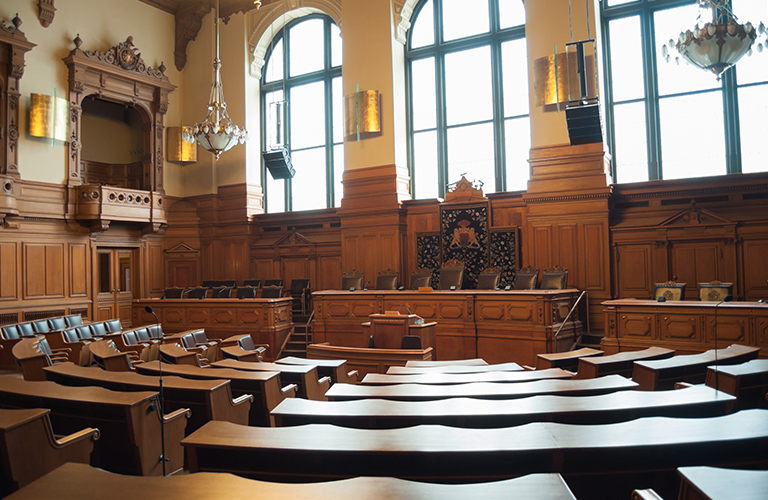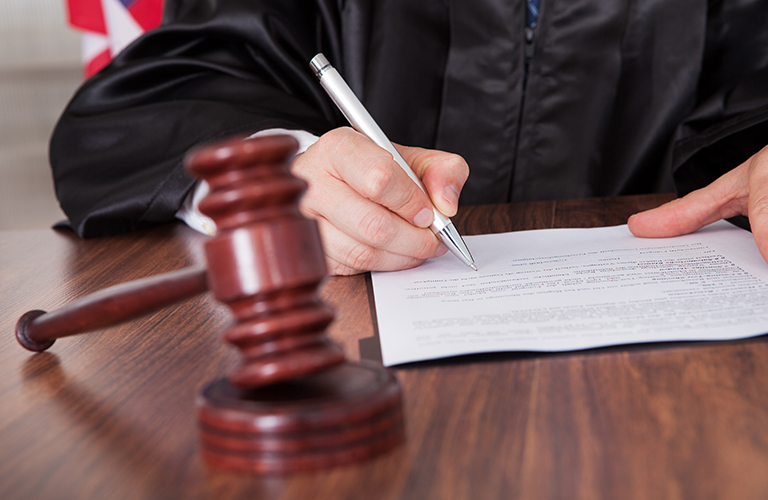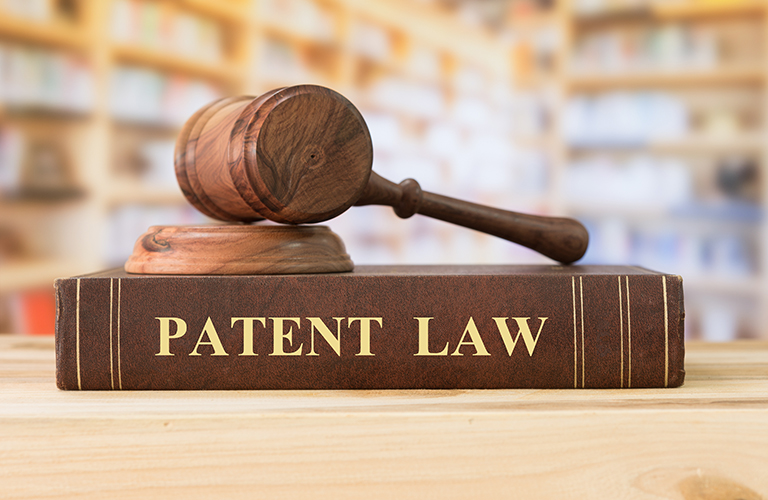
For years, the U.S. District Courts for the Eastern District of Texas and the District of Delaware have seen the most patent infringement cases filed by far over the several other courts spread throughout the United States. Texas led Delaware for years, based in part on a perceived bias in favor of plaintiffs, particularly small ones – including those disparagingly referred to as “trolls” – when going against large, multi-national defendants. It was also generally accepted as true that the judges in Texas were reluctant to grant motions to transfer. This led to tensions, which boiled over into angry resentment… Read more



